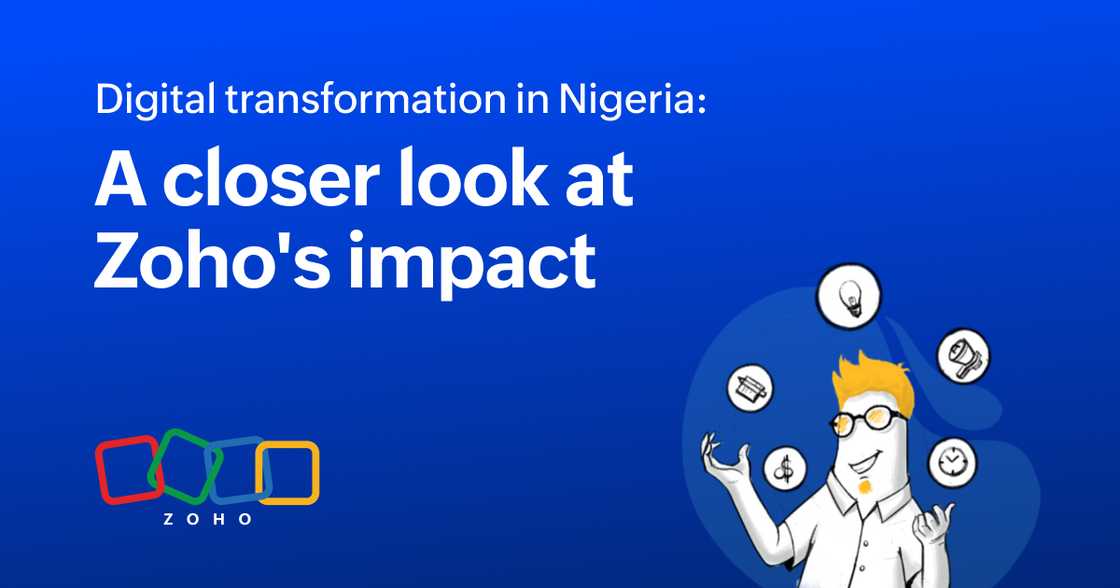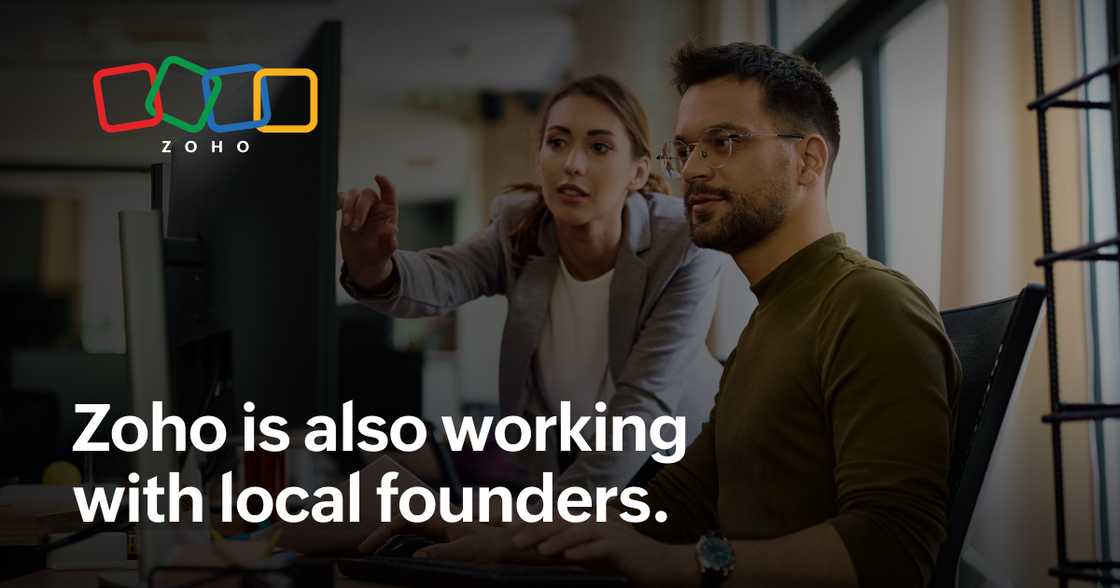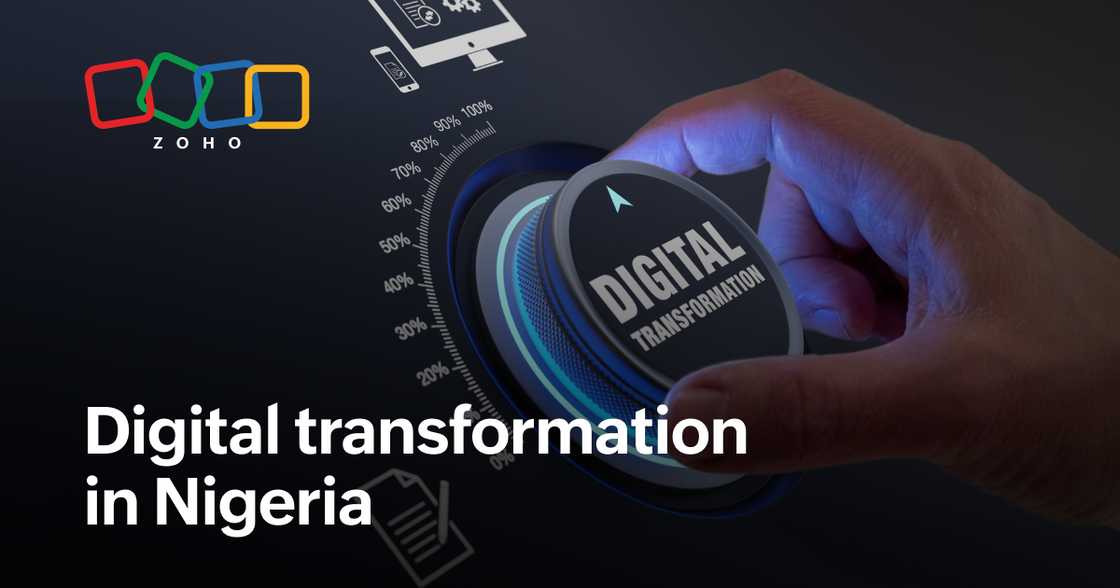Digital Transformation in Nigeria: A closer look at Zoho's impact
For years, Nigerian businesses relied on spreadsheets, WhatsApp threads, and cumbersome manual systems, hindering their growth and efficiency. While the drive for innovation had always existed, the tools hadn't caught up—until now.

In a country where swift decision-making is crucial, and internet connectivity can be unpredictable, businesses are urgently looking for dependable and cost-effective solutions tailored to their unique working environments. Once considered a mere tech upgrade for convenience and cheaper upfront costs, going digital has become the backbone of everyday business operations.
While staying out of the spotlight, Zoho has been quietly building strong grass-roots-level foundations with entrepreneurs and their businesses, educating them about the benefits of utilizing a scalable and integrated business ecosystem. Kehinde Ogundare, Zoho's Country Head for Nigeria, puts it simply: "Manual processes kill momentum." And in a fast-moving market like Nigeria, momentum is everything.

Zoho’s 2024 workplace productivity report highlights a critical issue: out of 500 surveyed Nigerian businesses, over 50% rely on several disconnected business tools and solutions daily, with most not having a unified view of their work. This lack of integration leads to inefficiency—employees spend more time managing disparate applications than actually getting work done.
Instead of adding more apps to an already confusing mix—a common but short-sighted solution—Zoho simplifies operations by offering one unified system where sales, HR, finance, operations, and support seamlessly collaborate. To Zoho, it's never been about making big promises—it's about getting the basics right.
A major obstacle is addressing internet reliability issues: over 80 percent of professionals in Nigeria say unreliable connectivity hampers their productivity. Zoho's solutions are designed to overcome this challenge by remaining functional even when connections dip. This adaptability and the ability to stay operational at all times make all the difference in daily operations.
The growth of apps isn't just a fleeting trend-it's a transformative shift reshaping the landscape of business and technology across the country. In 2023, Zoho saw a 31 percent growth in Nigeria, highlighting the increasing demand for innovative tools that empower teams across various sectors—finance, retail, real estate, education, and non-profits.
One notable example is FlexiSAF, an education technology company dedicated to digitizing school systems throughout Nigeria. Their mission supports students in underserved communities by enhancing educational access and efficiency.
“Education in Africa needs a lot of work. In terms of digitalization and computerization, that’s where we come in,” emphasises Al-Ameen Ibrahim, CTO of FlexiSAF.
“We found Zoho while trying to fix our hiring and admin processes. Before Zoho People and Zoho Recruit, everything was manual; leave tracking, performance reviews, all of it. Now, we can customize workflows ourselves. We don’t need to wait for IT support. Technology can solve problems that would be too difficult to fix any other way.”
For companies like FlexiSAF, the right tech solution transforms operations from cumbersome to agile. The impact of such technology extends beyond just convenience; it opens doors to possibilities once thought to be unattainable.
Zoho is similarly collaborating with various local founders. Through initiatives like partnerships with #StartupSouth, it offers free tools, training sessions, and ongoing support to early-stage businesses, demonstrating a commitment that transcends marketing tactics. The message is clear—this isn't about promotion; it's about genuine engagement with growing businesses.

Digital transformation in Nigeria has moved beyond being an aspirational goal; it's now a reality unfolding before our eyes. Businesses are increasingly selecting tools designed to help them work better, not just faster.
Zoho is an integral part of this unravelling growth story; consistent, reliable, and built for the long run.
[Sponsored]
Source: Legit.ng


